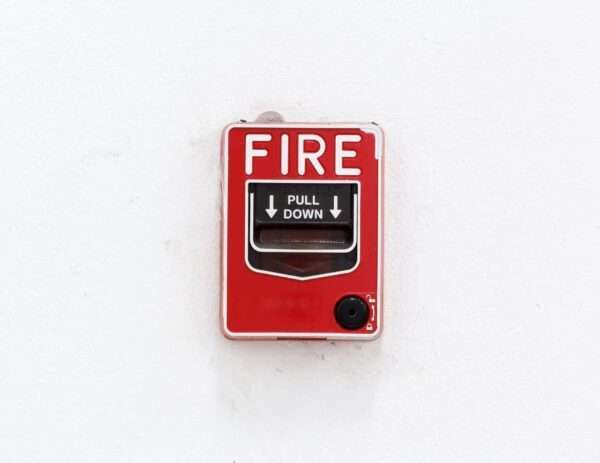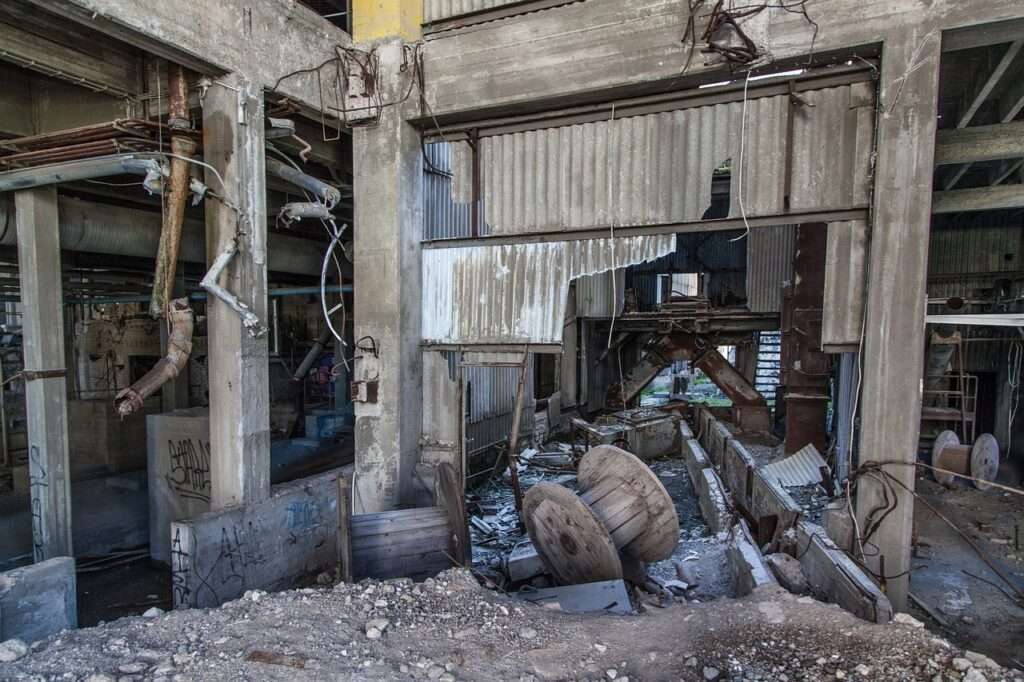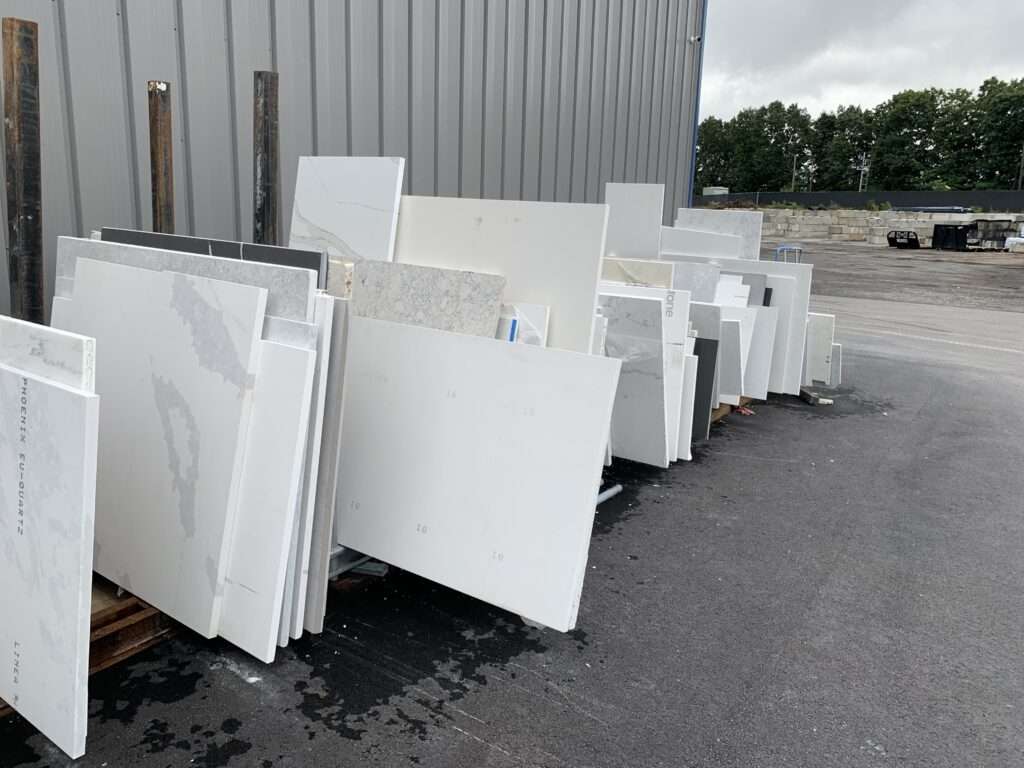As a renter in Massachusetts, ensuring your living environment is safe and secure should be a top priority. This post delves into a case where a landlord’s negligence created a dangerous condition, causing an apartment fire and severe personal injuries to tenant. This highlights the legal responsibilities of landlords and the rights of tenants.
Landlord Negligence and Tenant Safety: An Apartment Fire in Massachusetts
On a seemingly ordinary morning in a Medford apartment building, a fire broke out due to faulty wiring in the attic. Compounding the danger, the fire alarms were inoperative, having not been maintained with essential battery replacements. This oversight led to a tenant suffering severe burns while attempting to escape. This incident underscores the critical importance of adhering to building codes and maintaining essential fire prevention measures in rental properties.
Understanding Landlord Responsibilities
In Massachusetts, landlords have a duty of care towards their tenants, upheld by various legal standards to ensure tenant safety.
Negligence
Under Massachusetts law, a property owner must maintain their property in a “reasonably safe condition in view of all the circumstances,” as stated in O’Sullivan v. Shaw. This includes taking precautions against foreseeable risks such as fire hazards due to old or faulty electrical wiring and maintaining working batteries in fire alarms.
In a case like this, your experienced personal injury attorney would gather evidence to build your case, including obtaining a copy of any Fire Investigation Report completed by the fire department. Here, the Fire Investigation Report concluded that the negligent landlord failed to address known hazards, and the fire alarm system failed due to depleted batteries, further exemplifying the landlord’s neglect in fulfilling their safety obligations.
This case not only highlights the dire consequences of ignoring maintenance but also serves as a crucial reminder of the legal implications for landlords who fail to uphold safety standards.
Breach of Warranty of Habitability
In Massachusetts, the relationship between a landlord and tenant is governed not only by the lease agreement but also by a powerful legal doctrine known as the Warranty of Habitability. In MA, an implied warranty of habitability exists in every lease for residential property, requiring that the premises be fit for human habitation. In the rental of a dwelling unit, an implied agreement exists by the landlord “that the rented unit complies with the minimum standards prescribed by building and sanitary codes and that the landlord will do whatever those codes require for compliance” during the rental period. Crowell v. McCaffrey, 377 Mass. 443, 451 (1979). The implied warranty of habitability “carries with it liability for personal injuries caused by a breach.” Crowell v. McCaffrey, 377 Mass. 443, 451 (1979).
State Sanitary Code
The Massachusetts State Sanitary Code plays a pivotal role in defining these standards, specifying that residential properties must not possess conditions “that may endanger or impair the health or safety and well-being of any person.”
- 105 CMR 410.750 – Conditions Deemed to Endanger or Impair Health or Safety
- (L) Failure to install electrical, plumbing, heating and gasburning facilities in accordance with accepted plumbing, heating, gasfitting and electrical wiring standards or failure to maintain such facilities as are required by 105 CMR 410.351 and 410.352, so as to expose the occupant or anyone else to fire, burns, shock, accident or other danger or impairment to health or safety.
- 105 Mass. Reg. 410.482: Smoke Detectors and Carbon Monoxide Alarms
- (A) Owners shall provide, install, and maintain in operable condition smoke detectors and carbon monoxide alarms in every dwelling that is required to be equipped with smoke detectors and carbon monoxide alarms…
Massachusetts State Sanitary Code is clear: landlords must provide and maintain Smoke detectors in operable condition, and install and maintain all electrical and heating facilities according to safety standards to prevent dangers such as fires. In our case , the landlord’s failure to maintain charged batteries in the smoke detector and update the unsafe electrical system directly contributed to the tragic fire.
What Should Tenants Do?
If you’re renting in Dorchester, Boston, or anywhere in Massachusetts, take these steps to protect yourself:
- Regular Inspections: Ensure your landlord performs regular inspections and maintenance of all electrical, plumbing, and heating systems.
- Report Problems: Immediately report any issues with safety devices (like smoke detectors) or potential hazards.
- Document Everything: Keep a record of all communications with your landlord about repairs and maintenance issues.
- Know Your Rights: Familiarize yourself with your rights under Massachusetts law. Consider consulting with a personal injury attorney if you believe your landlord is neglecting their duties.
- Regular Smoke Detector Checks: Massachusetts law requires that landlords install and maintain smoke detectors in all residential properties, but tenants can contribute by reporting any malfunctions or dead batteries immediately. Keeping a written record of such communications can be helpful if issues need to be escalated or if proof of reporting is required at a later date.
Seeking Legal Help
If you, like the tenant in our example, suffer an injury due to your landlord’s negligence, it may be time to seek legal counsel. An experienced personal injury attorney can help you understand your rights and options for claiming compensation.
At Gavagan Law, we specialize in providing comprehensive legal support for tenants and renters who have been involved in house fires or fires at apartment complexes and suffered burn injuries in Massachusetts. We understand the legal responsibility required of landlords in these types of premises liability cases, and how to contend with insurance companies to get the compensation you deserve to cover your property damage, medical bills, and medical treatment of any family members also seriously injured. Call or reach out to Gavagan Law, LLC using our contact form for a free consultation, and let our expertise make a definitive difference in your case.



